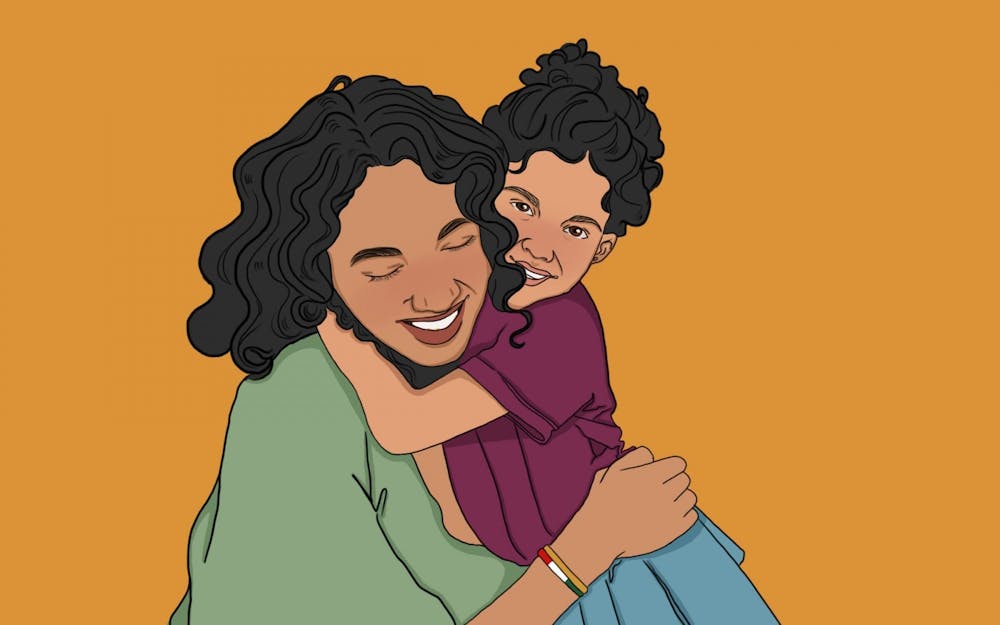According to NBC, 44 percent of Hispanic students are the first in their families to attend college. IU junior Sharon Camacho is not only the first in her family to attend college, but she is also a first-generation Mexican-American.
Camacho detailed the struggles she has faced as a first-generation Latino college student and the oldest daughter in a Mexican family. Letting down her parents is not an option, she said.
“I have a fear of disappointment, so I don’t want to disappoint my parents,” Camacho said. “If I ever do, that is something I am really scared of.”
If you are familiar with the way traditional Latino families are, you may have heard of the oldest daughter storyline. Many Latino communities are unfortunately dominated by machismo, the idea that women should do everything for men.
Oftentimes, the oldest daughters in Latino households are subject to stereotypes reinforced by machismo ideals, such as cooking and cleaning from a young age. The American Psychological Association reported Latinas are twice as likely to develop depression in comparison to Latino men, white and African-American groups.
Camacho is the oldest daughter in her family. While her parents still hold her siblings to high standards, she has noticed hers are slightly different, she said.
“I felt pressure from my parents that as the oldest I had to do good at everything and set a good example for my younger siblings,” Camacho said. “When it comes to my siblings, they don’t pressure them as much anymore because all the pressure was on me.”
In addition to this, Camacho describes feeling like she had to go out of her way to prove herself to combat the stereotypes forced upon Latinas.
“There is the stereotype that Mexicans are hardworking, but for women, it's a lot different,” Camacho said. “When it comes to Latin American women, I’ve heard many stereotypes about how they’re uneducated, and I had to exceed those expectations. I felt like I had to get good grades and do extracurriculars to prove them wrong.”
Camacho does her best to exceed expectations placed on her by her parents and society. While she is interested in a career in elementary education, she is an exercise science major to please her parents.
“I first applied as a biology major, and then I decided I wanted to be a teacher,” Camacho said. “When I told my mom she was like, ‘Why do you want to do that? They don’t get paid as much.’”
Camacho went on a nursing track, but it was not easy. She wanted to drop out of the nursing program, but she realized she was only crying because she did not want to let down her parents.
“I didn’t think about myself, I thought about my parents,” Camacho said. “My parents have this vision of me becoming a nurse, so that’s what I am trying to do now so that I can satisfy or at least not disappoint my parents.”
Facing all these obstacles, Camacho said she is grateful to her parents and does not blame them for the pressure she feels.
Camacho is not the only first-generation Latino who feels pressure like this, and she has a message for other people who might be in similar positions.
“If your parents have pressure on you, don’t let it get to you,” Camacho said. “Follow your heart and do what makes you happy.”




